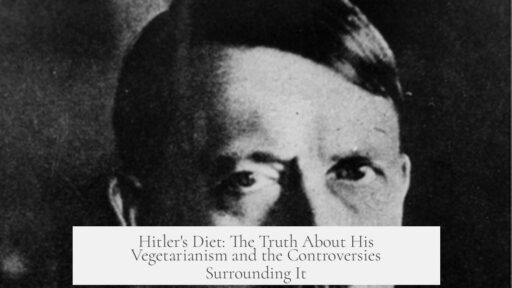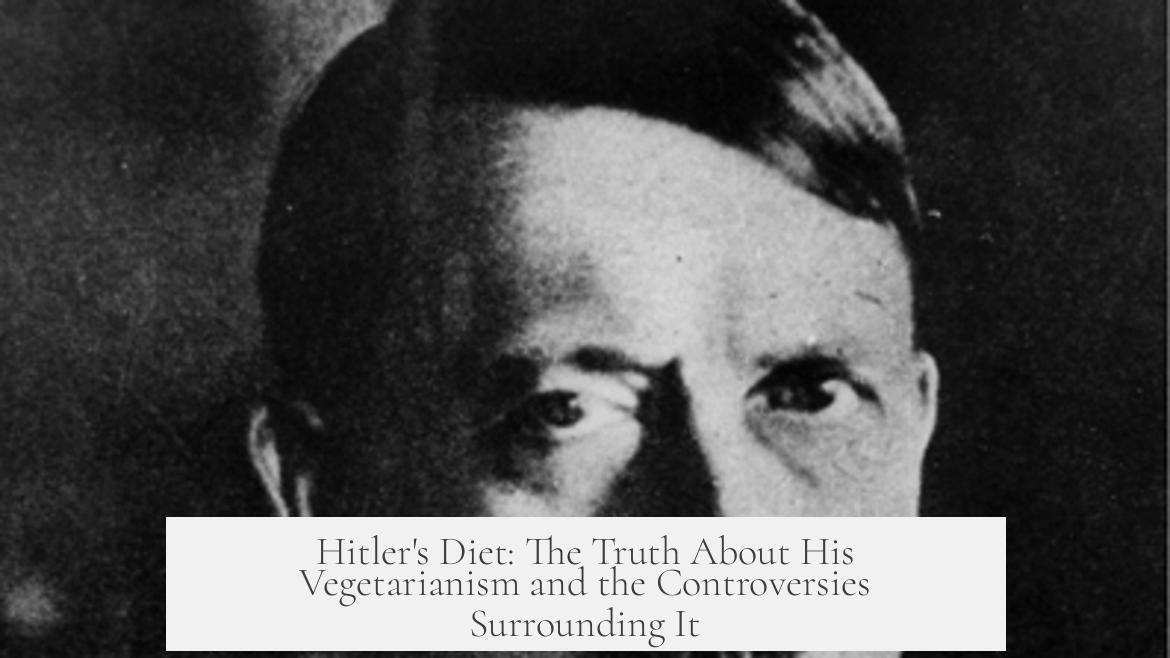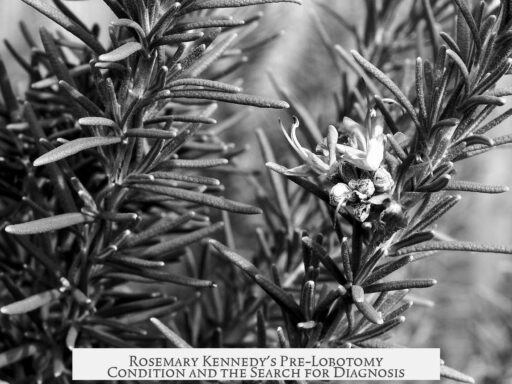Adolf Hitler was largely a vegetarian during the latter part of his life, particularly from the mid-1930s onwards, though earlier he consumed meat on occasion. Records show that before the mid-1930s, Hitler ate various meats such as poultry, fish, pork sausages, and liver dumplings. However, by the mid-1930s, he began to avoid red meat and gradually reduced other meats from his diet until he mostly followed a vegetarian regimen.
Evidence from foreign diplomats dining with Hitler between 1937 and 1939 confirms his avoidance of meat. These diplomats also noted his abstinence from alcohol and tobacco, painting a picture of a lifestyle emphasizing restraint and health considerations.
The reasons behind Hitler’s turn to vegetarianism are debated. Some suggest it was a propagandistic move, as Robert Payne notes. According to Payne, Hitler might have adopted this diet to project solidarity with the public during economic hardship and wartime austerity. The vegetarian diet symbolized discipline and shared sacrifice.
Medical observations add another layer of explanation. Gertraud Junge, Hitler’s secretary, recalls the leader’s discomfort when meat dishes were introduced, often experiencing stomach aches and indigestion. This might indicate underlying gallbladder or liver issues that prompted his shift away from animal products. Physicians such as Marlene von Exner and Theodor Morrell also confirm his predominantly vegetarian eating habits.
Despite becoming largely vegetarian later, Hitler was not strictly so for his entire life. His early diet included regular meat consumption. Due to this progression, some accounts argue both that he was and was not a vegetarian, based on the time frame discussed.
The apparent contradictions stem from varying definitions of vegetarianism and the gradual nature of his dietary change. The key points can be summarized as:
- Hitler consumed meat before the mid-1930s, including Bavarian and Austrian specialties.
- He transitioned to an almost entirely vegetarian diet from the mid-1930s onward.
- Health issues and personal preference likely influenced this dietary choice.
- Propaganda may have contributed to the public depiction of his diet.
- Diplomats and physicians confirm his later vegetarian practices.
Thus, Hitler’s vegetarianism is best understood as a later-life development rather than a lifelong practice.
Was Hitler a Vegetarian and If He Was, Why Do Some Say That He Was Not?
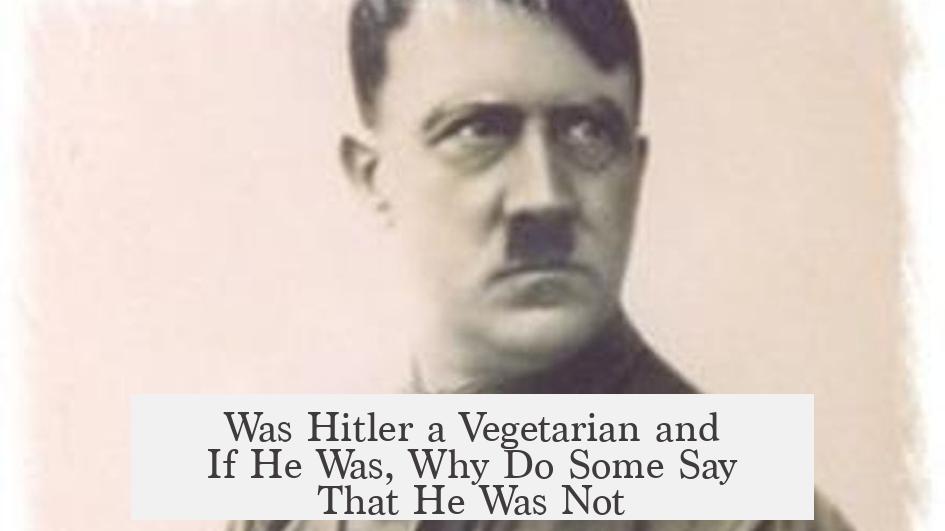
To cut to the chase, Hitler was indeed a vegetarian later in his life, but he wasn’t one all along. His diet evolved over time, revealing much more than just a simple food preference. So, why do some people argue both “yes” and “no” when it comes to Hitler’s vegetarianism? Let’s unpack the meaty (or veggie) details.
The Meaty Beginning: Hitler’s Early Diet
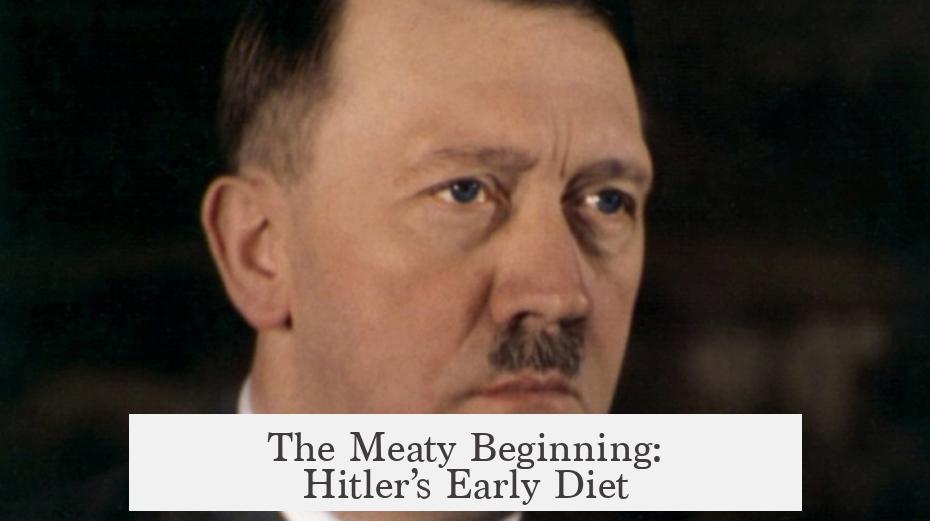
Before the mid-1930s, Hitler was far from a strict vegetarian. Records show he regularly ate meat, with a particular fondness for poultry and fish. He even indulged in Bavarian and Austrian dishes like fried pork sausages and liver dumplings. Imagine the Führer enjoying those rich, meaty traditional plates—hardly the image many associate with a vegetarian lifestyle.
So, this early phase throws a wrench in the often repeated idea of a lifelong vegetarian Hitler. His earlier meals were meat-inclusive, aligning with the typical German diet of that era.
Turning Over a New Leaf: Mid-1930s Transition
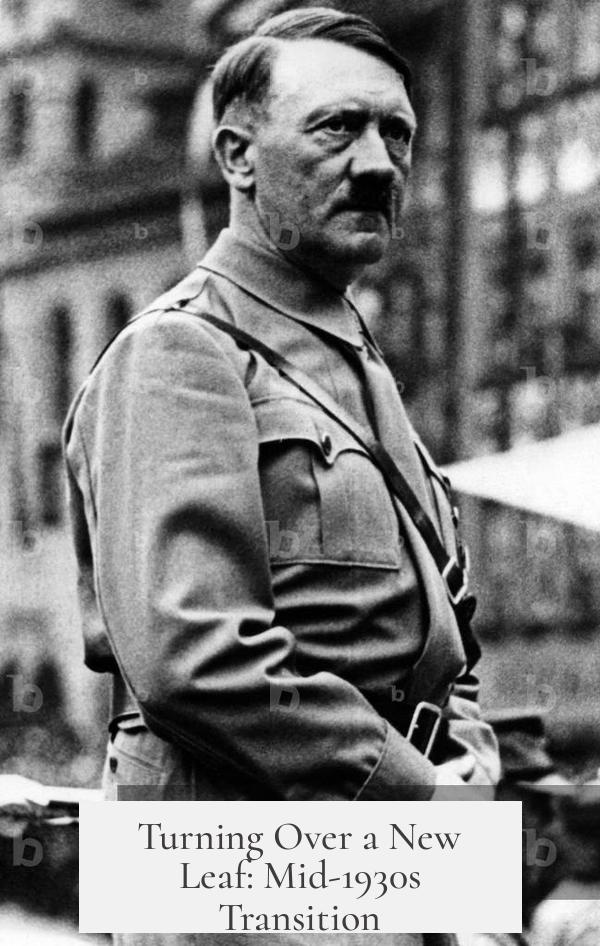
Somewhere during the mid-1930s, things start to change. Hitler progressively cut back meat consumption, first giving up red meat, then almost all forms of animal protein. Foreign diplomats dining with him between 1937 and 1939 noted his strict abstinence from not just meat but also alcohol and tobacco. This was no casual choice but a fairly consistent diet shift.
Was this sudden conversion solely for health reasons? Or maybe something more layered?
Health, Habits, and Propaganda: Why Did Hitler Go Vegetarian?
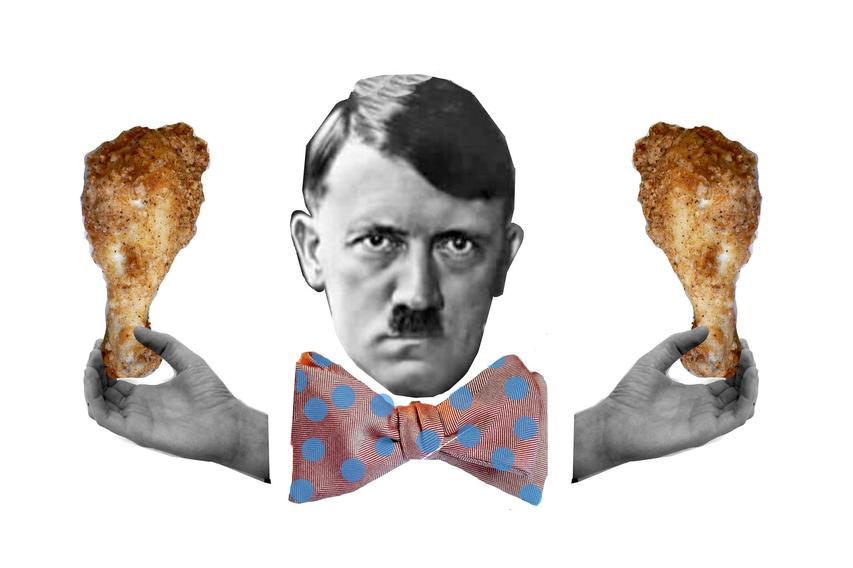
The “why” behind Hitler’s vegetarianism is where both the intrigue and confusion deepen.
- Health Issues. Hitler apparently suffered from digestive problems, especially after eating red meat. According to Gertraud Junge, his secretary, attempts to sneak animal fats into his meals caused stomach aches and indigestion. His doctors, Marlene von Exner and Theodor Morrell, confirmed his mostly vegetarian diet, suggesting possible gallbladder or liver issues behind this shift.
- Propaganda Tool. Historian Robert Payne speculates that Hitler’s diet was also a propaganda move. As Germany faced economic struggles and war, the Führer’s ascetic vegetarian lifestyle projected solidarity. It painted him as someone self-sacrificing and disciplined, sharing the hardships of the common people. Whether genuinely motivated or staged, this image resonated.
Noteworthy is that abstinence extended beyond food—Hitler largely avoided alcohol and tobacco during this period, amplifying the austere persona.
So, Was He or Wasn’t He?
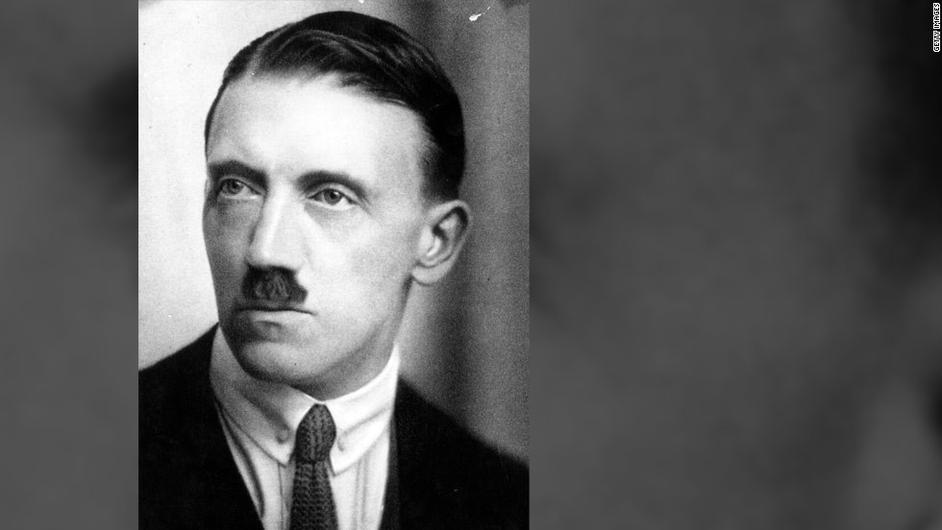
Some people get tangled in the contradiction: Was Hitler a vegetarian or not? The answer is nuanced. Early in life, he was not. His diet was fairly traditional with meat. Later, he mostly abstained from meat and became a quasi-vegetarian, if not strict vegan. It’s a transformation—not a binary “yes” or “no.”
Think of it as a curve on a graph where a man moves from omnivore to mostly vegetarian for health, personal, and image reasons.
Why Does This Matter?
You might wonder, “Why should we care about Hitler’s diet?” Beyond curiosity, this question reveals how food can serve multiple roles: health, ideology, and image work. It also warns against oversimplifying historical figures or narratives, where people often like neat categories, but reality refuses to cooperate.
The diet isn’t just trivia but a window into the quirks and contradictions of one of history’s most notorious figures.
Takeaway Tips & Reflections
- If Changing Your Diet: Take note of genuine health signals first. Dietary changes prompted by stomach aches or chronic issues are common and sensible, exemplified by Hitler’s shift after digestive problems.
- Beware of Oversimplification: Historical facts often have layers. Just because Hitler was a vegetarian later doesn’t mean it defines him entirely or earlier phases are irrelevant.
- Look Beyond Food: Sometimes eating choices are part of bigger messages. Your lunch plate might be telling stories about identity, beliefs, or health—even if you don’t run a dictatorship.
Conclusion: A Complex Menu
So, was Hitler a vegetarian? Yes, but mostly later in life. Was he not? Also yes, because earlier he ate meat regularly. This shift likely stemmed from health issues—digestive troubles that made meat unappealing or risky—and from a carefully crafted public image during turbulent times. This dual-sided answer reflects how food habits can reflect both personal needs and broader narratives.
Next time someone says “Hitler was vegetarian,” you can answer: “Quite a complex menu, actually!”
